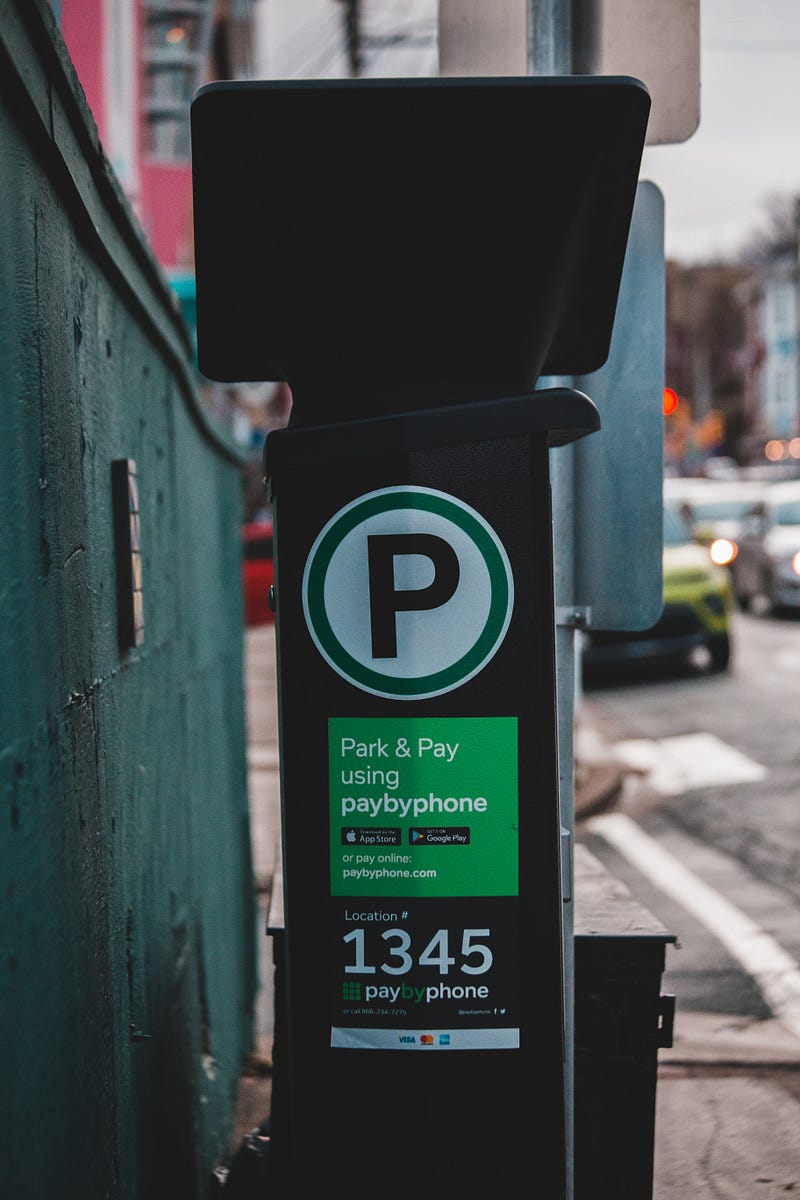A Call for Human Connection in a Digital Age
Written on
The Rise of Automation
In today's world, technology is increasingly infiltrating our daily lives. This article was inspired by the recent announcement from the UK government regarding the closure of all rail ticket offices as a cost-saving measure. It begs the question: what about the people?
The closure of ticket offices has prompted public outrage, with the deadline for feedback on this proposal extended to September 1st.
Section 1.1 The "Dead Cat Strategy"
The suggestion to eliminate ticket offices seems so absurd that it raises suspicions of a "dead cat strategy." This tactic involves introducing an outrageous proposal to divert attention from government failures. After a lengthy consultation process, the government can backtrack and claim they listened to the public's concerns.
This tactic effectively shifts our focus away from more pressing issues like hospital wait times and the rising cost of living, forcing us to discuss something trivial instead.
The Loss of Human Interaction
Soon, purchasing train tickets will mean interacting solely with machines, leading to a decline in human interactions.

Reflecting on my own experiences commuting, I recall the warmth of speaking with ticket office staff, who were not just workers but also community helpers. They provided guidance to travelers and offered assistance to those in need. Such interactions are becoming a thing of the past.
Section 1.2 The Erosion of Social Capital
This trend is just one manifestation of a larger issue: the erosion of social capital. Jem Bendell's book "Breaking Together" describes this phenomenon as the "asset-stripping of social capital."
Many public amenities like libraries and pools are closing, deemed too expensive to maintain, even as funds are funneled into costly projects like HS2 and nuclear power plants. The National Health Service (NHS) is also facing financial strains as it gradually succumbs to privatization.
The Role of Self-Service
In supermarkets, customers are becoming unpaid employees, forced to check themselves out, further diminishing social interactions. As banks and pubs close due to changing consumer habits, we retreat into isolation, disconnected from our communities.

The increasing reliance on automated systems makes our society less resilient. When the digital infrastructure fails, those who have abandoned cash will be left vulnerable and unable to transact.
Maintaining Community Spaces
I visited a local pub recently, only to find they are transitioning to a cashless system. This change reflects a broader trend where places we once gathered are now disappearing.

Section 1.3 Exclusion of the Elderly
The shift towards digital transactions poses challenges, particularly for older generations less familiar with technology. Simple tasks like parking now require navigating complex apps, alienating those who prefer traditional methods.

Section 1.4 The Decline of Volunteerism
Voluntary organizations are struggling to attract participants, as many prefer the comfort of home entertainment over community engagement. The vibrant social life once fostered in village halls has dwindled.

Finally, the rise of artificial intelligence threatens to diminish the creative voices that make platforms like Medium vibrant.
The Call for Connection
This is a rallying cry to resist the encroachment of machines. Opt for cash whenever possible, engage with staff rather than self-service machines, and support local businesses over large corporations.

Let’s champion human creativity and interaction in all its forms, ensuring that we keep things personal.

Thank you for taking the time to read this.